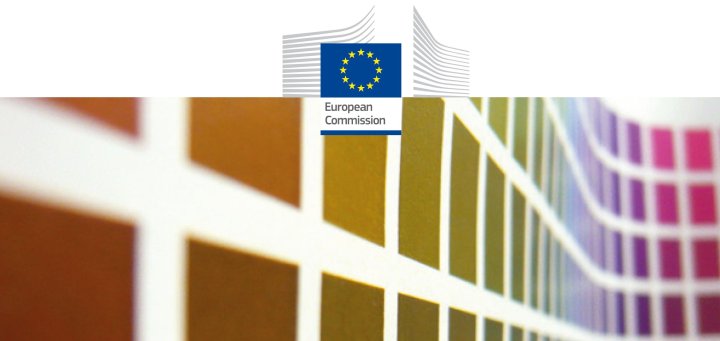As the largest donor of Official Development Assistance (ODA), the EU has a broad range of funding instruments to help strengthen and promote its development policies. The consultation was open to all stakeholders and the TUDCN contribution focussed primarily on three of the External Funding Mechanisms:
Development Cooperation Instrument (DCI)
This instrument contributes to fostering sustainable economic, social and environmental development as well as promoting democracy, the rule of law, good governance and respect for human rights. TUDCN stated:
The DCI clearly constituted an added value, particularly thematic programmes that mainstreamed decent work for all, as stipulated in the DCI Regulation. We believe that the DCI made a positive contribution in taking on board the priorities of workers and trade unions, namely by promoting the four pillars of the Decent Work Agenda (decent job creation, rights at work, social protection and social dialogue) throughout its thematic and geographic programmes.
European Development Fund (EDF)
The European Development Fund (EDF) is the EU’s main instrument for providing development aid to African, Caribbean and Pacific (ACP) countries and to overseas countries and territories (OCTs). The EDF funds cooperation activities in the fields of economic development, social and human development as well as regional cooperation and integration. TUDCN stated:
The political choice in the framework of the Cotonou Parternship Agreement for differentiation and preference given in terms of budget for the Least Developed Countries (LDCs) is one that we support. However, we would like to underscore that there needs still to be scope for joint programs in Middle Income Countries (MICs). The MICs host the bulk of the world’s poor, so targeting help to the poor and vulnerable groups in the MICs countries is fully coherent with the CPA’s aim of eradicating poverty.
European Instrument for Democracy and Human Rights (EIDHR)
The aim of the EIDHR is to provide assistance to the development and consolidation of democracy, the rule of law and the respect for all human rights and fundamental freedoms. TUDCN stated:
A first issue to be addressed, before the EIDHR relevance itself, is the coherence between EU policies and financing instruments in a partner country. As noted in the GPEDC HLM2 Nairobi Outcome Document, CSOs are experiencing a shrinking space in many countries, even countries benefiting of EU budget support. In these same countries rigid legislation is taking place on registration requirements for CSOs, funding from abroad, relations with foreign/international CSOs and networks, fiscal burden, etc. Without imposing conditionality, the coherence for development of policies in the partner country should be assessed when deciding for EU budget support or other EFIs. Otherwise EIDHR programmes in those country are just a plaster on open wounds.
The consultation comprised a section on the analysis of the current period of the MFF and of a section of the External Financing Instruments beyond 2020.
The full TUDCN contribution is available here.


